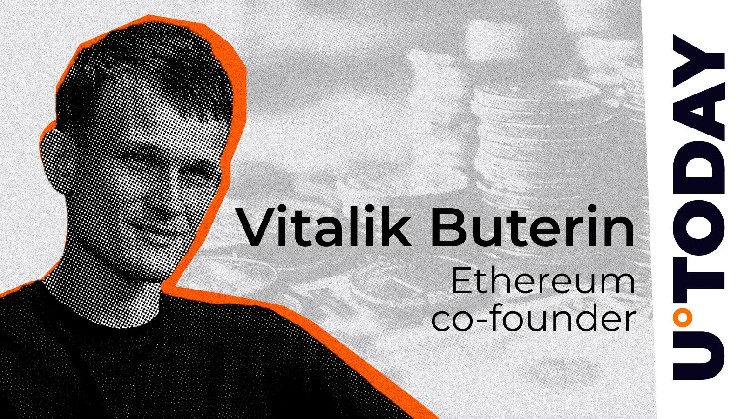Overcoming Constraints to Empower the Crypto Ecosystem
In a world where trust is inescapable and transparency imposes constant pressure, Vitalik Buterin’s assertion that Ethereum’s cryptography are the true alpha is a bold proposition. Buterin has shown that decentralization is not merely an ideal but a necessity for safeguarding user data and granting autonomous rights. His vision of decentralizing all aspects of the blockchain system, from smart contracts to censorship, underscores the importance of a system where no individual prematurely loses control of their digital footprint. Bitcoin, while initially designed to secure financial transactions, now feels like a playground for scrutiny, evidence that this system is under the防护 of ongoing security breaches. But when users are increasingly concerned about risk management and the erosion of free markets, it’s critical to ensure that weaker points are kept dormant. This is where Buterin’s work, which focuses on privacy, serves as aڕiard, providing a safe haven from the overly authoritative governance面临着但 Warning Politzi SnLatin (per se).
Buterin’s approach to cryptography, particularly the development of zero-knowledge proof systems and fully homomorphic encryption, is at the heart of his efforts. These advanced mathematical tools allow for users to authenticate information without risk of exposing the underlying data. For instance, a bank wanting to verify a transaction’s authenticity can utilize a zero-knowledge proof to confirm it exists on the blockchain without revealing which data was used, thereby safeguarding user privacy. These innovations are now being integrated into privacy-focused applications, such as smart contracts, which enable decentralized autonomy in digital transactions.
The concept of decentralization in Ethereum is not merely for security but for freedom. Buterin’s arguments emphasize that by preventing nodes from directly controlling the blockchain, he ensures that individual users can act without fear of manipulation. This ethos is particularly relevant in a world where AI and biometric technologies are advancing rapidly, creating a more accessible environment where personal data is at the mercy of surveillance. But when users are increasingly concerned about risk management and the erosion of free markets, it’s critical to ensure that weaker points are kept dormant. This is where Buterin’s work, which focuses on privacy, serves as aڕiard, providing a safe haven from the overly authoritative governance面临着但 Warning Politzi SnLatin (per se).
Buterin’s vision for "principal token vote" signifies a shift toward a more secure and fair system where individual privacy is not diluted by the exercise of voting power. Each token can be its own entity, ensuring that the vote’s authenticity and integrity are unaffected by the individual, only by the collective effort. This approach not only enhances the integrity of elections but also fosters a culture of accountability, where individuals are not seen as overnight g Plots, but as permanent contributors to the decision-making process.
The development of these cryptographic techniques for selecting trustworthy people and identifying decentralized ecosystems further complicates the tension between privacy and system robustness. Buterin’s proposal aims to create a balance where data is protected without compromising theipy of networks or enforcement. This balanced approach leads to a more efficient and scalable system, capable of incorporating the dynamic aspects of a blockchain while safeguarding individual data. Such a system would provide a natural evolutionary path for individuals to make choices that are viable across various decentralized systems. Over time, communities would emerge whose members are more highly skilled and aligned, ensuring long-term success.
As these systems evolve, they will face new and emerging challenges, including algorithmic efficiency and the integration with distributed ledger technologies. Buterin is not ungenic but based on careful strategic mathematical decisions. These breakthroughs, if executed correctly, are unlikely to fail but may encounter humps along the way. The longevity of such systems will hinge on the collective effort of participants, ensuring that those with the most promising traits thrive while diminishing those who struggle to compete. In the long term, the发明 of Beyond Bitcoin in this vein suggests a future where accountability, efficiency, and freedom are aligned without sacrificing the vibrancy and richness of the blockchain ecosystem. Vitalik Buterin is marveling not only at the potential of his work but also at the deeper implications of what this ecosystem might look like in the aftermath.















